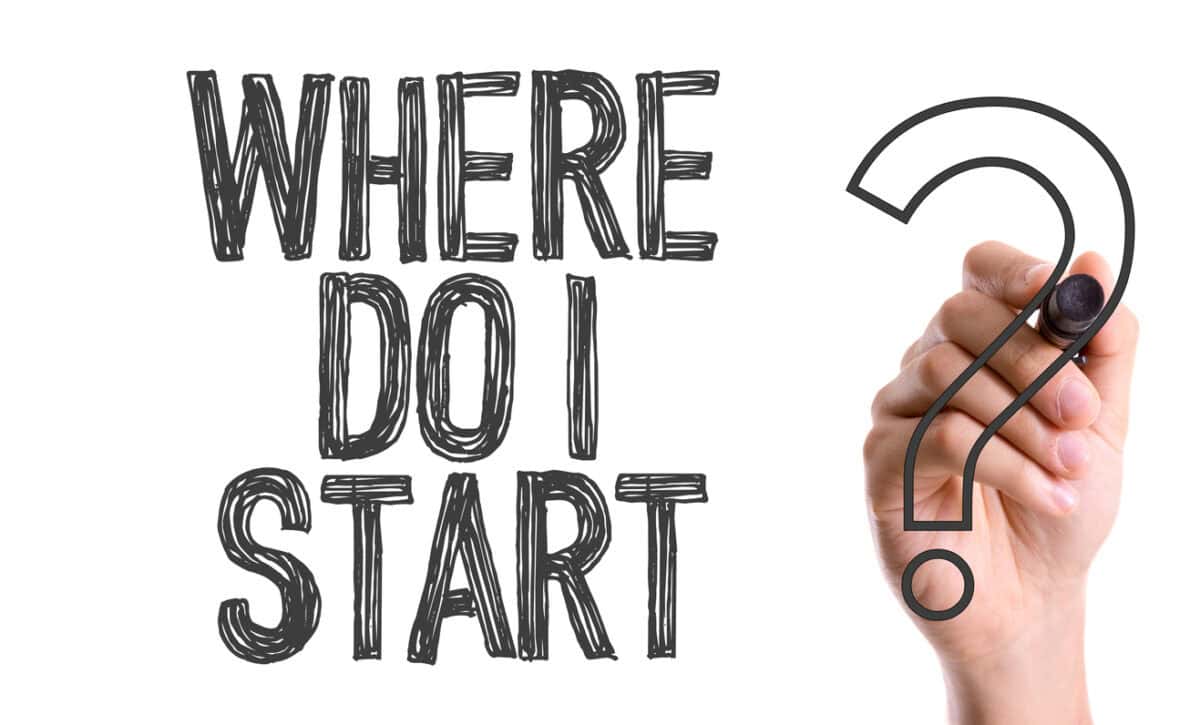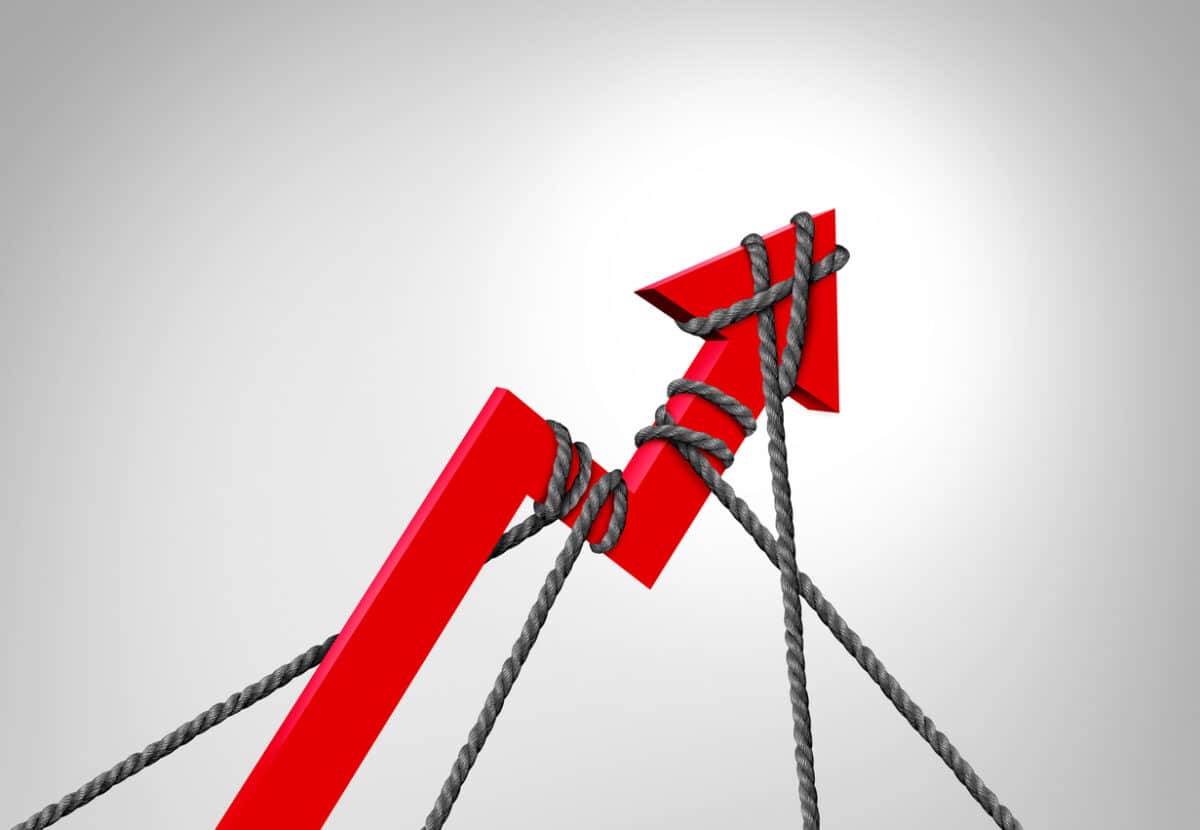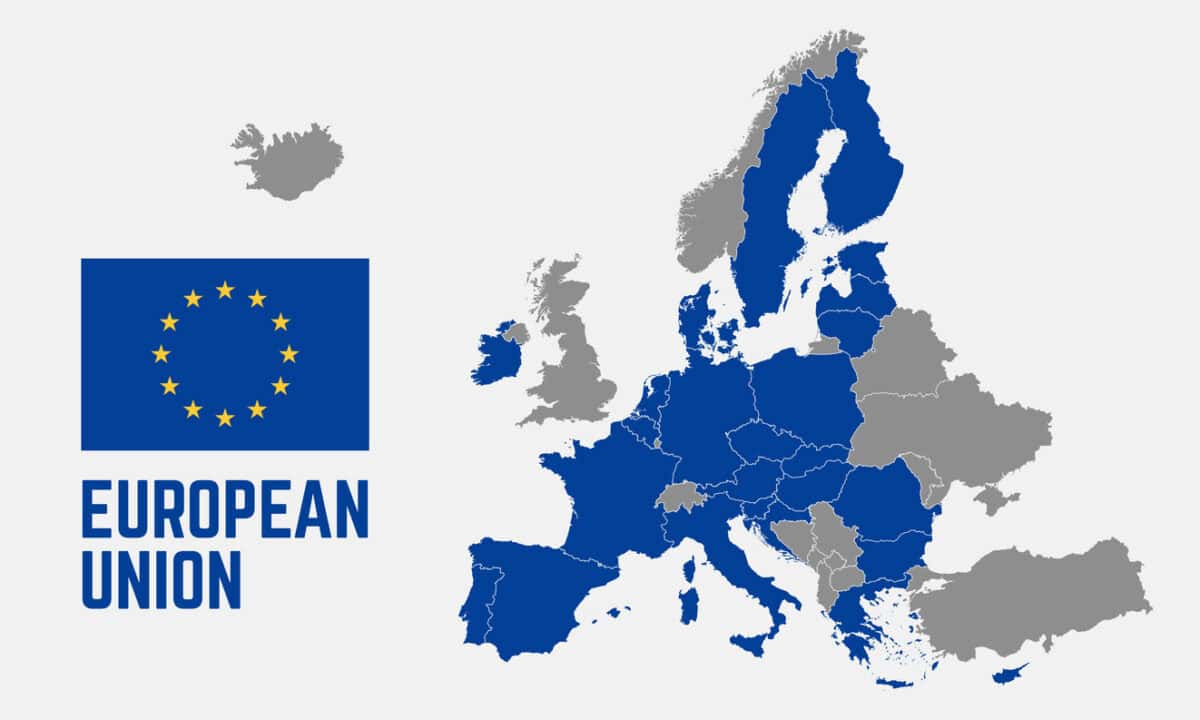It is legitimate to not know something, but choosing not to know something is inappropriate, especially about something you are meant to be knowledgeable about, like occupational health and safety (OHS). Governments rarely provide sufficient information about people’s OHS obligations when creating and building a business. Preloading a person with OHS information should reduce the likelihood of an “I didn’t know” excuse when (if?) a workplace incident occurs.
A UK labour law firm, Lewis Silkin, recently published its latest “Compliance requirements for new employers in Great Britain”, which may close the OHS knowledge gap.







